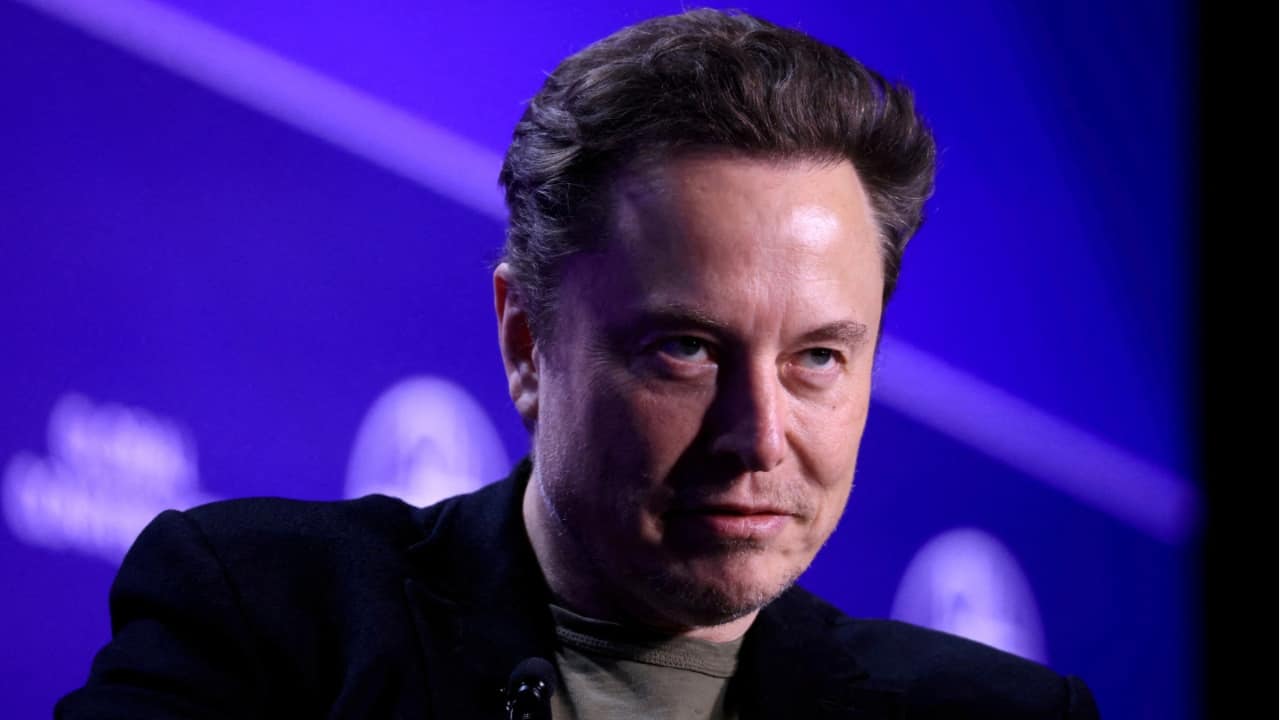 |
|
The technology world is abuzz with the news of Elon Musk's audacious attempt to acquire OpenAI, the groundbreaking artificial intelligence company behind the wildly popular ChatGPT. This $97.4 billion offer, reportedly spearheaded by Musk himself and a consortium of investment firms, represents a significant power play in the rapidly evolving landscape of artificial intelligence. The proposed acquisition aims to shift OpenAI back to its original nonprofit roots, focusing on research rather than the for-profit model it currently operates under. However, OpenAI CEO Sam Altman swiftly rejected the bid via a succinct message on X (formerly Twitter), stating simply, "No thank you." This decisive rejection, while seemingly definitive, doesn't necessarily signify the end of Musk's pursuit. OpenAI's board of directors holds the ultimate authority and could reconsider a sale, especially if Musk increases his offer, presenting a compelling enough incentive to outweigh the risks of a hostile takeover. The complexities of this situation extend beyond the immediate financial implications, touching upon the ethical considerations surrounding AI development and control, especially when under the stewardship of a figure as prominent and controversial as Elon Musk.
The rejection of Musk's offer offers a fascinating glimpse into the power dynamics within the AI sector. Altman's counter-offer to purchase Twitter for a significantly lower sum highlights the confidence OpenAI possesses in its current trajectory and market position. This bold move underscores the strategic value of OpenAI, the competitive landscape, and the strategic significance of AI technologies in the current global economic system. The underlying tension underscores the clash between Musk's vision for AI's development – one rooted in open-source, public-benefit research – and OpenAI's current path. This dichotomy further highlights the broader debate surrounding the ethical implications of advanced AI, including concerns about bias, job displacement, and even existential risks. The ongoing dispute between Musk and OpenAI is not merely a business transaction; it's a battle for the future direction of artificial intelligence, with profound implications for society as a whole.
Beyond the immediate OpenAI saga, the article provides a valuable overview of Elon Musk's extensive business portfolio. His ownership encompasses a diverse range of companies, each pushing boundaries within their respective sectors. Tesla, the electric vehicle pioneer, is a global leader in sustainable transportation, reshaping the automotive industry with its innovative technology and ambitious goals. SpaceX, Musk's space exploration venture, is revolutionizing space travel, with ambitions to colonize Mars and make space exploration more accessible. The Boring Company, focusing on innovative tunnel construction, aims to alleviate traffic congestion through subterranean transportation systems. Neuralink, a neurotechnology company, is exploring groundbreaking brain-computer interfaces, potentially offering life-changing solutions for individuals with neurological impairments. And finally, X (formerly Twitter), a social media behemoth, plays a critical role in global communication and information dissemination. The sheer breadth and ambition of Musk's ventures demonstrate his relentless drive to innovate and disrupt established industries, shaping the future across multiple technological frontiers. His involvement in so many disruptive technologies makes him a crucial figure in considering the future of technological innovation and its societal effects.
Interestingly, the article also touches upon companies Musk no longer owns, including Zip2 and PayPal. This highlights his entrepreneurial journey, demonstrating his ability to identify lucrative opportunities and effectively execute on them, generating significant wealth and influencing the trajectory of multiple industries. His past involvement with OpenAI, even before his current takeover attempt, further illustrates his long-standing interest in the field of artificial intelligence. His $45 million investment in OpenAI and his subsequent departure from the board of directors, followed by a lawsuit, underscore the complexities of his relationship with the company and perhaps even highlight some fundamental disagreements regarding OpenAI's direction. Musk's history with OpenAI is not just a financial investment; it reflects a deeper strategic interest in shaping the future of AI development and its implications for humankind. Considering his previous involvement and his current efforts, the dynamics of this situation are complex and are likely to have long-term ramifications for the industry as a whole.
Source: Elon Musk leads nearly $100 billion takeover attempt of OpenAI: A look at companies owned by him
